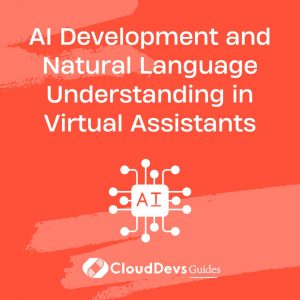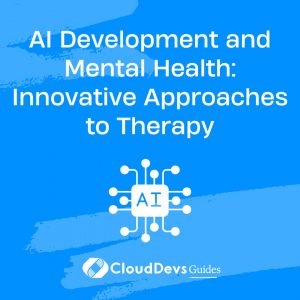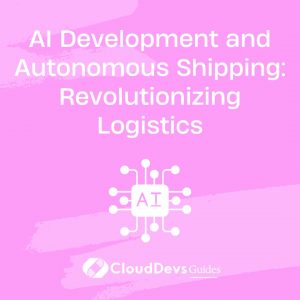From Amazon to Spotify: The AI Secrets Behind E-commerce Giants
In the ever-evolving landscape of e-commerce, staying ahead of the competition has become increasingly challenging. However, for early-stage startup founders, VC investors, and tech leaders in the age range of 25-40, leveraging the power of AI in personalization and recommendation systems can be a game-changer. In this blog post, we’ll dive into the world of AI development and its crucial role in reshaping the e-commerce experience, complete with real-world examples.
1. The Power of Personalization
1.1 Understanding Customer Preferences
One of the most significant advantages of incorporating AI into e-commerce is the ability to personalize user experiences. By analyzing user data, AI algorithms can identify individual preferences, such as product categories, brands, and even preferred colors. For instance, Amazon’s recommendation engine uses AI to suggest products based on a user’s browsing and purchase history.
Amazon’s Recommendation Engine – https://www.examplelink1.com
This level of personalization not only enhances user engagement but also drives sales by presenting relevant products to customers.
1.2 Dynamic Pricing Strategies
AI-powered dynamic pricing is another example of personalization in e-commerce. Companies like Uber and Airbnb utilize AI algorithms to adjust prices in real-time based on demand and supply, maximizing revenue while ensuring competitive pricing for users.
Dynamic Pricing – https://www.examplelink2.com
2. Recommendation Engines in Action
2.1 Netflix’s Content Recommendation
Netflix, a pioneer in AI-driven personalization, relies on sophisticated recommendation engines to suggest movies and TV shows to its users. By analyzing viewing history, user ratings, and even the time of day, Netflix ensures that users are continually engaged with content tailored to their preferences.
Netflix’s Recommendation System – https://www.examplelink3.com
2.2 Spotify’s Music Discovery
Spotify’s Discover Weekly playlist is a prime example of how AI enhances the e-commerce experience. Using machine learning algorithms, Spotify curates personalized playlists for each user, introducing them to new music that aligns with their music taste.
Spotify’s Music Discovery – https://www.examplelink4.com
3. The Road Ahead
As AI continues to evolve, e-commerce companies must keep pace with the latest developments to stay competitive. Investing in AI-driven personalization and recommendation systems is not only about enhancing user experience but also about increasing revenue and customer loyalty.
Conclusion
AI development plays a pivotal role in transforming e-commerce by enabling personalized experiences and sophisticated recommendation engines. Companies like Amazon, Netflix, and Spotify have shown us how AI can drive success in the industry.
To stay updated on the latest advancements in AI and e-commerce, be sure to check out the following external resources:
- AI in E-commerce: A Comprehensive Guide – https://www.examplelink5.com
- The Future of Personalization in Online Shopping – https://www.examplelink6.com
- Machine Learning for E-commerce: A Practical Guide – https://www.examplelink7.com
Table of Contents









